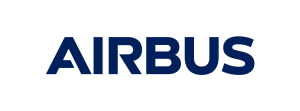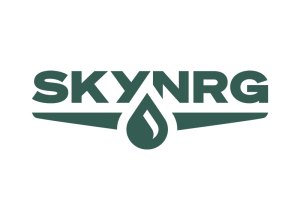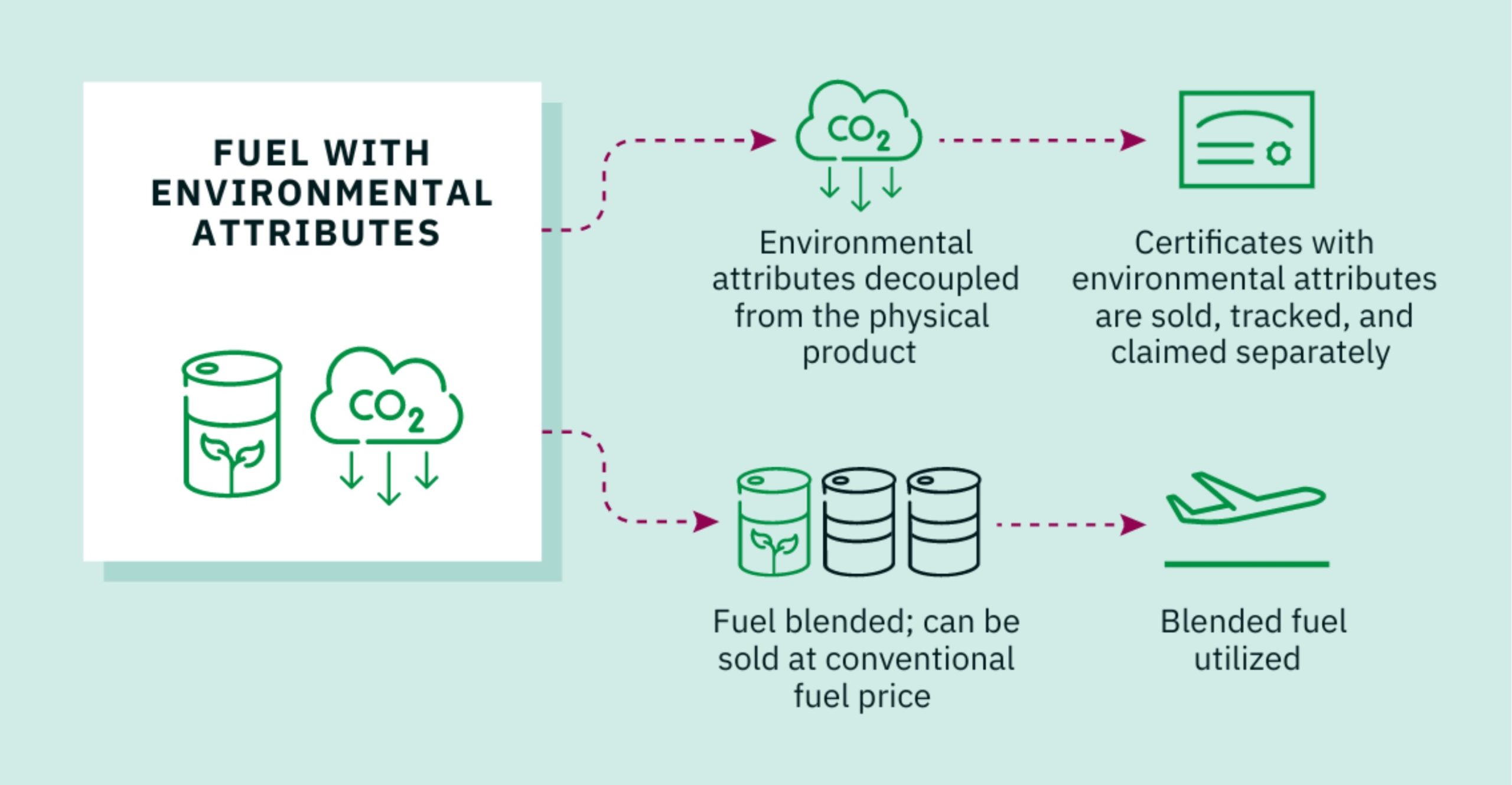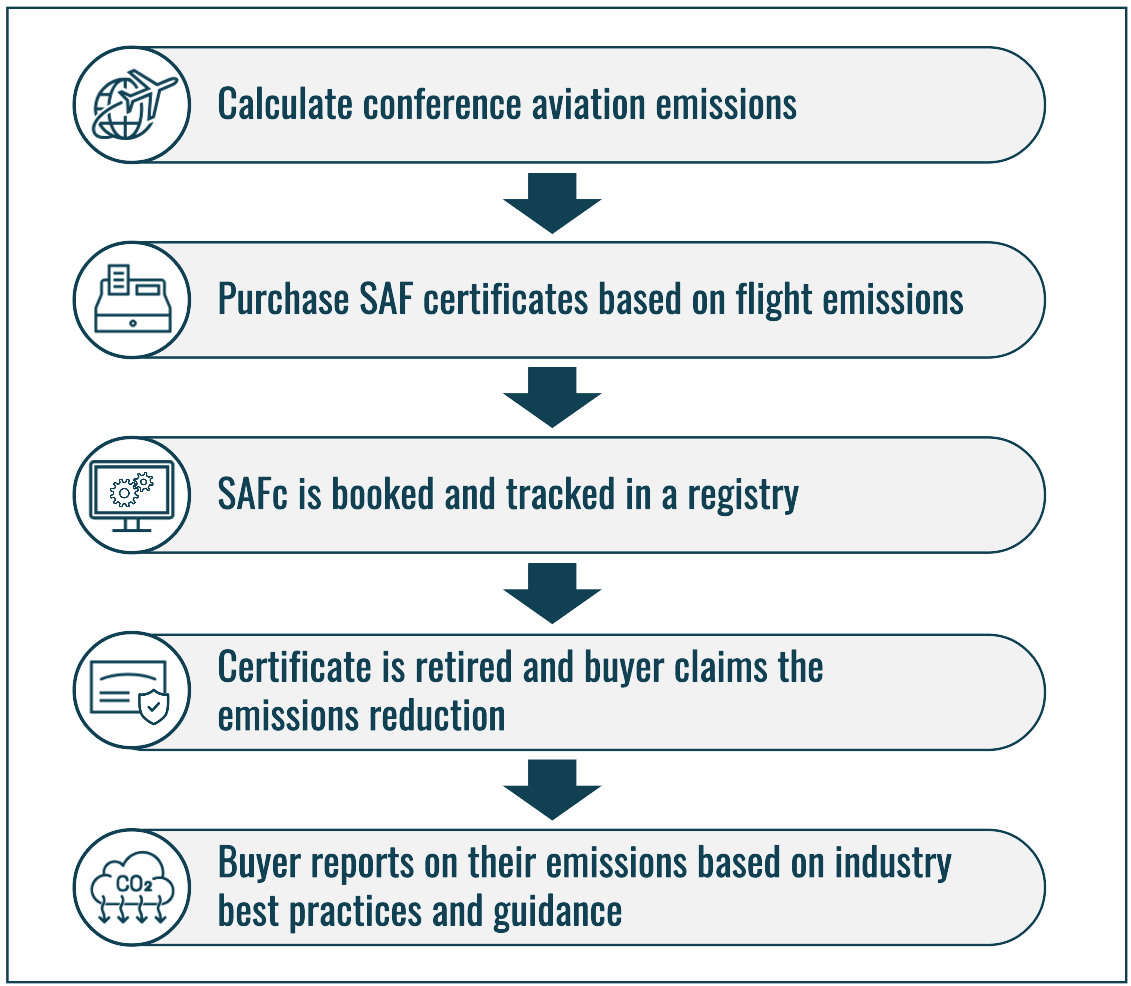
for SAF Certificates
In September 2025, the Sustainable Aviation Buyers Alliance (SABA) launched a campaign for Sustainable Aviation Fuel Certificates (SAFc) to address emissions from participant travel to the 30th United Nations Climate Change Conference (COP30) which took place November 2025 in Belem, Brazil.
This purchase opportunity has now concluded. To learn more about SAF and SABA’s procurement approach, scroll down for some commonly asked questions and answers. You can also access a recording of the November 4 webinar focused on this opportunity at this link. Stay tuned for future SAF purchase opportunities!

Airbus was the Matching Sponsor of this campaign, making a catalytic investment to help scale the SAF market. Airbus will match attendee SAFc purchases, effectively doubling your climate impact (up to the committed volume) and increasing the overall demand signal for high-integrity SAF.
 SkyNRG was the SAFc provider for this campaign, selected from a competitive procurement process initiated by SABA earlier this year.
SkyNRG was the SAFc provider for this campaign, selected from a competitive procurement process initiated by SABA earlier this year.
Learn More about Sustainable Aviation Fuel and How We Work
What is SAF and how can it address aviation emissions?
Sustainable Aviation Fuel (SAF) is a low carbon alternative to conventional jet fuel. It is made from renewable or waste-derived feedstocks like used cooking oil, municipal waste, or even captured CO2. SAF can reach significant emissions reductions, in some cases around an 80% reduction in CO2 compared to fossil jet fuel. SAF is the best near-term option to decarbonize aviation since it is a drop-in fuel, meaning it is compatible with existing aircraft and fueling infrastructure.
What is book and claim? How is a SAF certificate generated through book and claim?
Book and claim is a chain of custody model that separates the physical fuel from its environmental attributes. It allows buyers to support SAF production even if they can’t access the fuel directly on the planes they fly on. A SAF certificate (SAFc) is created when a SAF producer generates fuel and “books” its environmental benefits into a registry. A buyer then “claims” those benefits by purchasing a SAFc. The registry ensures traceability, transparency, and prevents double counting.

Why purchase SAFc? How can buyers account for SAFc purchased for COP30 travel emissions?
Business travelers can purchase SAFc for a variety of reasons. Purchasing SAFc supports SAF market growth by funding a sustainable and readily available decarbonization solution. Many organizations purchase SAFc to make a greenhouse gas reduction claim towards their climate targets, and/or to advance their broader sustainability goals. SAFc is an example of how book and claim can be used to support companies’ decarbonization targets.
SAFc purchasers can account for their COP30 travel emissions using SAFc through the following process:

For more information on accounting, visit SABA’s SAFc Accounting and Reporting Briefer.
Can I buy SAF to address private jet emissions?
Yes – companies and individuals who fly on private jets can use SAF certificates to address their Scope 1 – or direct – emissions from air travel. Most private jet travelers don’t have direct control over what fuel goes into the plane. SAF certificates allow these travelers to claim the environmental benefits of the SAF, even if their flight is flying on conventional jet fuel. Through SABA’s step-by-step process, attendees are prompted to calculate their private flight emissions, leading to a quantity of SAF certificates to address emissions from their specific flight.
What is SABA?
The Sustainable Aviation Buyers Alliance (SABA) is a joint nonprofit initiative formed by the environmental NGOs Environmental Defense Fund (EDF) and RMI, with expert support from the Center for Green Market Activation (GMA), which serve as the SABA secretariat. With over 35 members, including corporations and airlines, SABA is committed to accelerating the path to net zero air transport by driving investment in high quality SAF, catalyzing new SAF production and technological innovation, and supporting member engagement in SAF policymaking. SABA helps bridge the gap between SAF producers and buyers, making it easier for companies to invest in aviation decarbonization solutions. For more information, check out the SABA website.
How can I know SAF certificates are truly sustainable?
To instill confidence that high-integrity SAFc can be procured in a credible manner, all SAF purchased through this platform meets SABA’s world leading SAF Sustainability Framework with certificates transferred through the best-in-class SAFc Registry.
SABA’s Sustainability Framework specifies all fuel and certification criteria SAFc needs to meet to high integrity procurement standards. This includes feedstock specifications, carbon intensity verification by an independent third party, certification and LCA methodology requirements, prevention of double counting, and ensuring that emissions reductions from SAF being claimed for use toward voluntary climate targets generate emissions reductions beyond those already incentivized by compliance obligations. SABA requires key documentation to validate these claims, such as Proof of Sustainability (POS) from a CORSIA approved sustainability certification scheme (SCS) and proof of registry account.
Certificates are issued, transferred and retired through the SAFc Registry, which provides a transparent accounting ledger, minimizing the risk of double counting. All documentation that proves the SAF is meeting SABA’s sustainability criteria is housed or otherwise verified through the registry.
